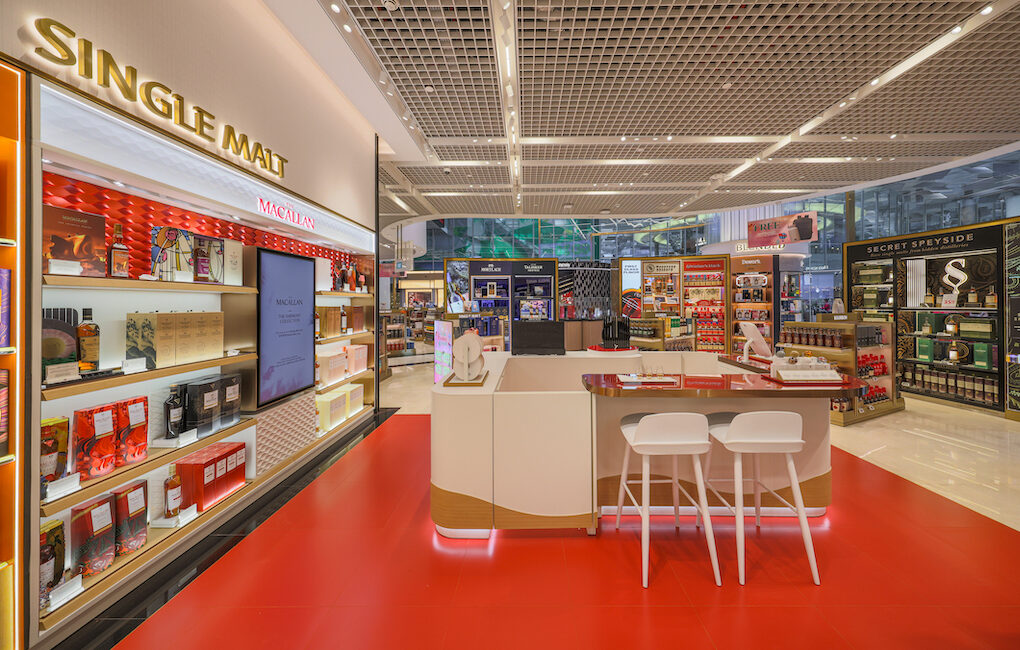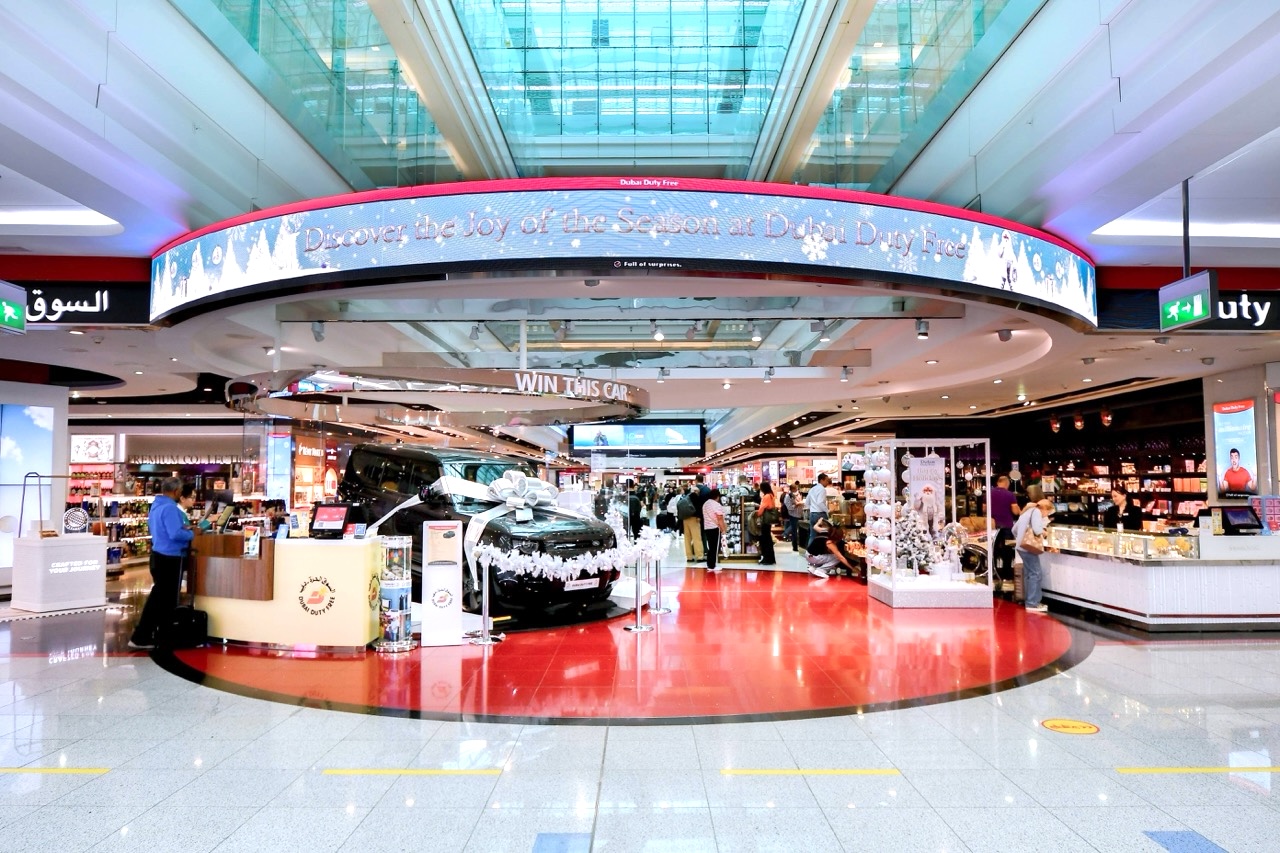UK. The UK Civil Aviation Authority (CAA) has raised the maximum levels that BAA can charge airlines at London Heathrow and Gatwick airports. The CAA said the new levels would encourage investment and help “deliver higher and consistent service quality and improved infrastructure” at the airports.
The new price controls run from 1 April 2008 to 31 March 2013. The raised levels, which were higher than proposed by the UK Competition Commission last September, were due to higher security costs and investment needs at both airports.
At Heathrow this includes the construction of the Heathrow East Terminal by 2013, and bringing the rest of the airport up to modern standards. At Gatwick the next five years will see the construction of a major new pier, the redevelopment of the South Terminal check-in area and forecourt access, and a new baggage system.
The CAA has set the following maximum charges:
Heathrow
£12.80 per passenger in 2008/09, an increase of £2.44 on a like-for-like basis, representing a +23.5% increase in real terms from the current (2007/08) price cap, with allowed charges subsequently increasing in each of the following four years by no more than retail price index (RPI) inflation plus 7.5% each year.
Gatwick
£6.79 per passenger in 2008/09, an increase of £1.18 on a like-for-like basis, representing a 21.0% increase in real terms from the current (2007/08) price cap, with allowed charges subsequently increasing in each of the following four years by no more than RPI inflation plus 2.0%.
Despite the increases, BAA said the CAA review “does not recognise sufficiently the scale of the task we are embarked on; the pressures of handling such large infrastructure projects; the full cost of the increased security requirements; as well as the impact of the credit market turmoil.”
The company also re-stated its commitment to investing £4.8 billion in infrastructure over the next five years. The CAA review was an important milestone in this, said BAA, because it can now finalise the details of its refinancing for the first time since the acquisition by Airport Development & Investment Limited, the Ferrovial-controlled group that purchased BAA in 2006.
Airlines have reacted angrily to the new price levels. British Airways said: “The Civil Aviation Authority’s decision to allow BAA to ramp up airport charges significantly demonstrates conclusively that the airport regulation system has failed, to the detriment of customers.”
Paul Ellis, British Airways’ General Manager Airport Policy and Infrastructure, said: “When BAA’s new owners, Ferrovial, bought them, the CAA said they would not be influenced by Ferrovial’s high debt levels. In practice, they have ignored their own policy and caved in to intense pressure from BAA by setting excessive price increases. Heathrow passengers will pay, on average, +17% more than the Competition Commission recommended in September 2007.”
The price controls review was an important backdrop to this week’s sale of World Duty Free. Under the single-till system, commercial activities play a key role in the setting of airport charges: the higher the forecast revenue from retail, the lower the airport charges, and vice versa.
In its initial review of prices last year, the CAA proposed three key undertakings (accepted by BAA) that the retail contract terms at BAA’s seven airports should be “no more” than 12 years; that the average concession fee as a percentage of gross sales should be “no lower than 31%”; and that any performance incentive scheme should not adversely affect users’ interests. Click here for our story on the regulator’s comments about the proposed sale of World Duty Free.
[comments]
Your post will appear – once approved – in The Moodie Forum on our home page
MORE STORIES ON BAA AND WORLD DUTY FREE
World Duty Free revolutionises store experience with new Terminal 5 design concept – 11/03/08
Autogrill wins race for World Duty Free in blockbuster US$1.1 billion deal – 09/03/08





